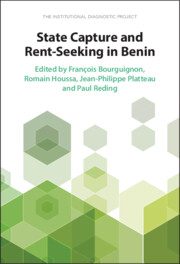Institutions matter for growth and inclusive development. But despite increasing awareness of the importance of institutions in economic outcomes, there is little evidence on how positive institutional change can be achieved. The Economic Development and Institutions – EDI – research programme aims to fill this knowledge gap by working with some of the finest economic thinkers and social scientists across the globe.
The programme was launched in 2015 and concluded in 2022. It is made up of four parallel research activities: path-finding papers, institutional diagnostics, coordinated randomised control trials (RCTs), and case studies. The programme is funded by the UK Foreign and Commonwealth Development Office (FCDO). For more information, see http://edi.opml.co.uk.

